Millions of Cubans they lived for more than a week on the brink of a nuclear holocaust.
LOOK: 60 years of the Missile Crisis: how the US prepared “ground zero” in the event of a Soviet missile attack from Cuba
Sixty years later, those who still live to tell about it remember what they lived through those days as if it were yesterday.
Between June and October 1962, the Soviet Union had secretly installed an entire military contingent on the island, which included 42 medium-range missiles with atomic warheads capable of reaching and destroying entire cities in the United States in minutes.
After discovering the threat, US President John F. Kennedy announced on television on October 22 a naval blockade of the island. If the Soviet ships tried to evade it, the war between the two nuclear powers of the moment was served.
“We will resist the blockade. We will reject direct aggression (…) To take away our sovereignty, we must be swept off the land,” responded Cuban leader Fidel Castro, who gave the combat alarm order to the country.
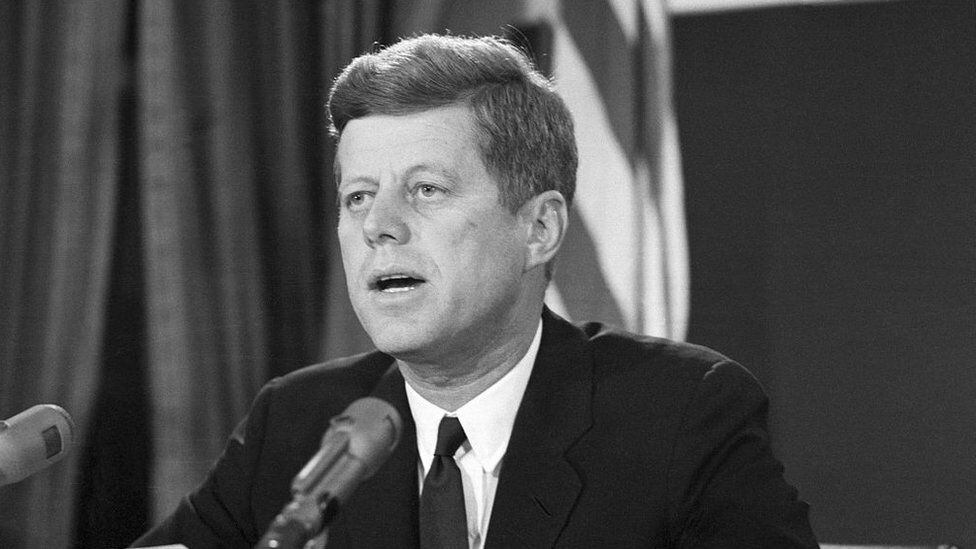
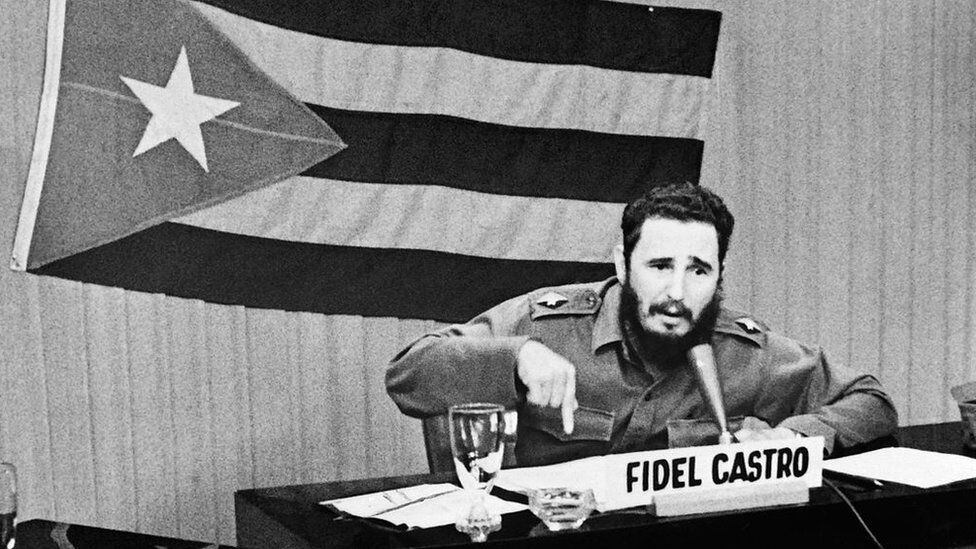
This left Cuba as the potential epicenter of the first battle of an atomic war, either as a launching base for the first Soviet missile or as the target of a pre-emptive attack by Washington.
In both cases, the island (and perhaps much of the planet) would most likely end up wiped off the map.
“I assumed I would die”
Sixty years later, those who lived through it and can still tell about it, preserve intact the memory of that episode of maximum tension.
“When Fidel gave the order and it became known that there were supposedly nuclear medium-range rockets, I assumed we were going to die. I had no doubt about that,” Cuban political scientist and former diplomat Carlos Alzugaray explains to BBC Mundo.
Only 19 years old when the crisis broke out in October 1962 -today he is 79- Alzugaray combined his university studies with work as an analyst of military affairs in the Cuban Ministry of Foreign Affairs, which makes him a privileged witness of how they lived in the island during the most intense and terrifying days of the Cold War.
In them, the Cuban government applied a defense strategy for a conventional war, with soldiers and artillery ready to repel an attack by the US army from the coastline.
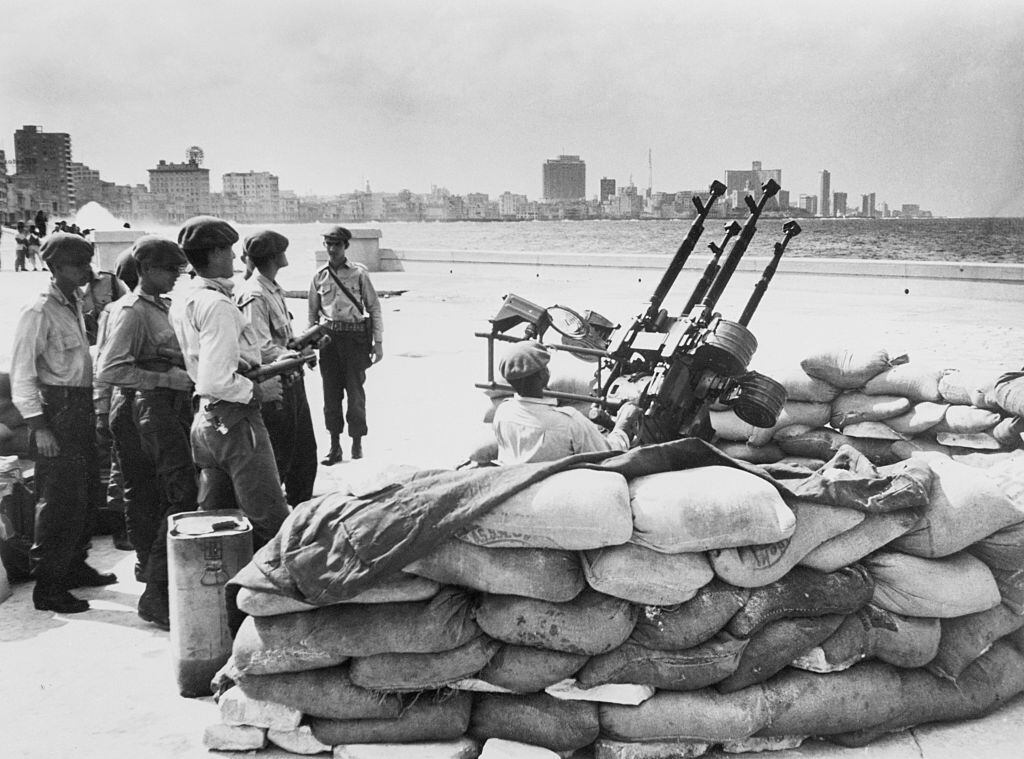
“In the mornings, those of us from the Minrex battalion of officials went out to the outskirts of Havana to dig trenches, to prepare our defense positions, and in the afternoon we returned to the Ministry to work,” he recalls.
“I monitored the military situation with the information that was available. We slept on the sofas and in the morning to dig trenches again“.
Cuban historian Jesús Arboleya -who is 75 years old today and 15 during the crisis- stresses that it was “a moment where a great deal of willingness was shown”, since “the level of commitment, political will and daily heroism were very high “.
“I do not remember expressions of cowardice, fear or hysteria. It was a hard moment, but assumed that way, “he tells BBC Mundo.
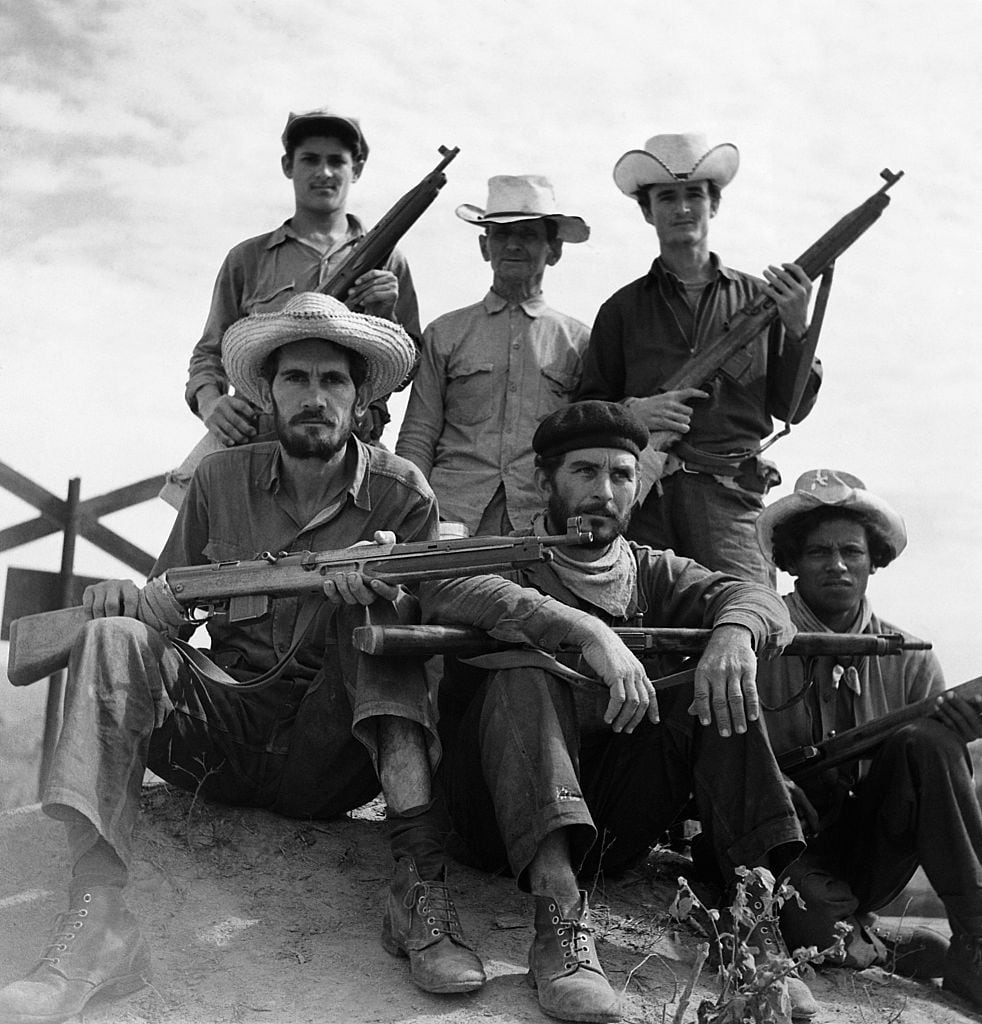
Kennedy, Khrushchev and Fidel
To resolve the crisis and avoid mutually assured destruction, Kennedy and his USSR counterpart, Nikita Khrushchev, entered into direct negotiations.
But Fidel Castro feared an imminent attack from the United Statesas expressed in a first letter to Khrushchev on October 26, later published along with the rest of the correspondence between the two leaders during those days.
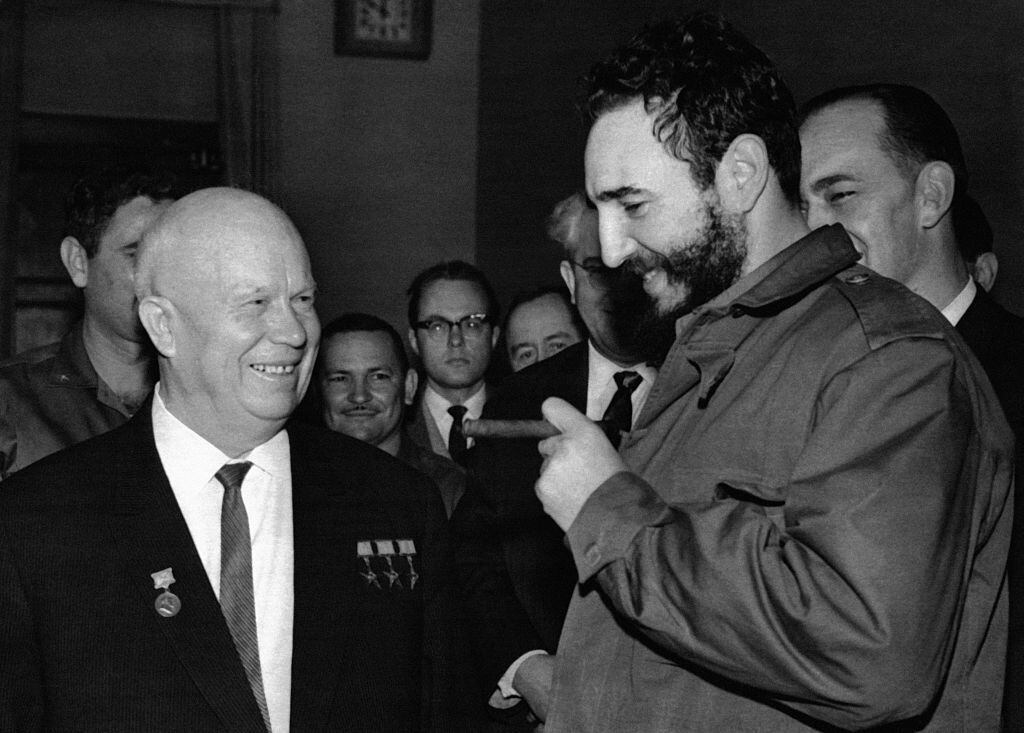
He assured him that between 24 and 72 hours the US army would bomb his bases or begin a total invasion of the island, according to the letter, whose content was published.
The Caribbean leader asked his Soviet partner that, in the event of an invasion, launch a first atomic attack against the North American country “to eliminate such a danger once and for all”.
Arboleya believes that Castro’s position is justified, arguing that “at that time it was not ruled out that the US would launch a first atomic attack“, since Washington “had a whole approach to nuclear development to surround the USSR and the socialist camp”.
For another Cuban historian, Abel Sierra Madero, based in Miami, “his attitude was very irresponsiblevery irrational, very emotional and not very political and diplomatic, based on uncompromising revolutionary nationalism”.
on the brink of disaster
Thus, the island was headed for an imminent nuclear war knowing that any preparation would be useless in the face of a disaster of such magnitude.
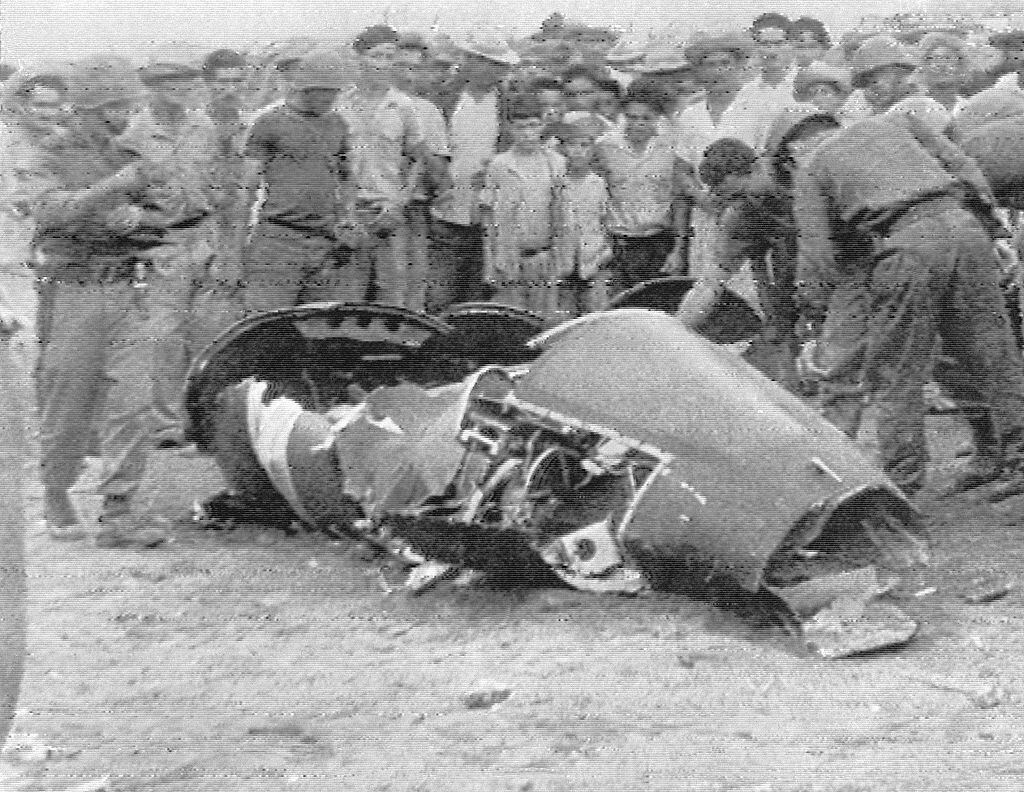
“The contingency plans consisted of take the young people to the mountains to see if they would survive“, says Arboleya.
Those on the island who knew the power of the atomic bomb resigned themselves to the inevitable.
“I had read a book about nuclear attacks and I knew what was going to happen. A colleague told me: ‘Carlos, if they attack tonight, what is going to happen?’ And I told him, ‘well, we’re going to see a great flash, a lot of heat and then we’re going to be dead,'” recalls Alzugaray.
In any case, the US attack did not take place, Khrushchev asked Castro for restraint and notified him by letter of his freshly sealed deal with Kennedy to end the crisis.
The USSR would remove nuclear missiles from Cuba in exchange for the US agreeing not to invade Cuba and withdraw its from Turkey (although the latter would be announced later).
The most dangerous days of the missile crisis had passed and the existence of Cuba was no longer in danger.
Castro’s wrath
However, the withdrawal of Soviet missiles caused a monumental anger to Fidel Castrowhich had been excluded from the negotiations between the two powers to resolve the conflict.
“Many eyes of men, Cubans and Soviets, who were ready to die with supreme dignity, shed tears upon learning of the surprising, unexpected and practically unconditional decision to withdraw weapons,” he wrote to Nikita Khrushchev in a final letter.
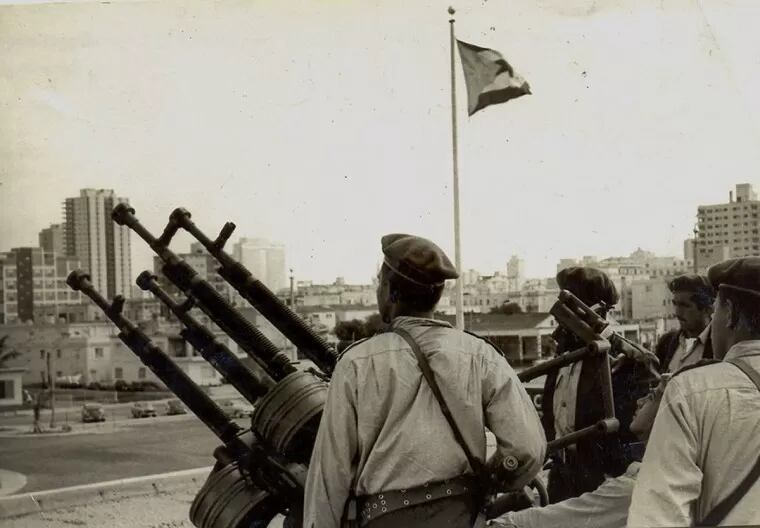
“We knew (…) that we would have to be exterminated (…) in the event of a thermonuclear war. However, that is not why we asked you to withdraw the projectiles, that is not why we asked you to give in,” he reproached him.
Castro argued that the withdrawal of the missiles left Cuba in a vulnerable position in case the United States broke its promise not to invade the island.
???? Press headlines on October 26 reported the Soviet Union’s position of giving in to Washington and leaving Fidel Castro alone. pic.twitter.com/qHZOhwyjcD
— DeMemoria (@DeMemoria) October 21, 2020
For the historian Sierra Madero, the value of the missiles lay in their enormous deterrent potential, which strengthened the position of the Cuban government in future negotiations with the US and the West.
“Fidel Castro also saw it as a chance to be untouchable“, he assures.
“Nikita, ladybug…”
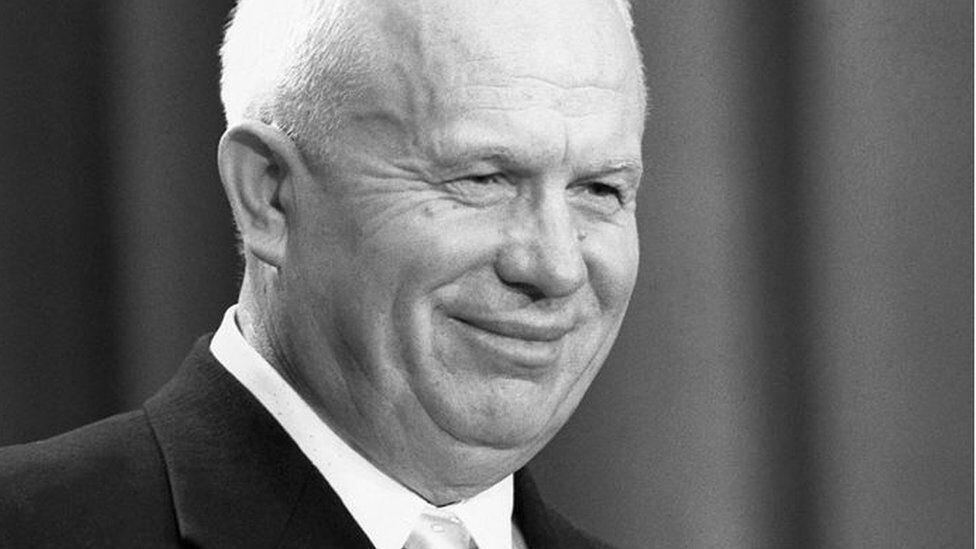
In the streets of Havana, resentment over the withdrawal of the missiles, combined with the Cubans’ irresistible tendency to joke around, spawned an expression that will go down in history.
“We used to gather groups of young people in a corner and start singing ‘Nikita, sissy, what is given is not taken away’. It was not something organized, but rather spontaneous,” recalls Alzugaray.
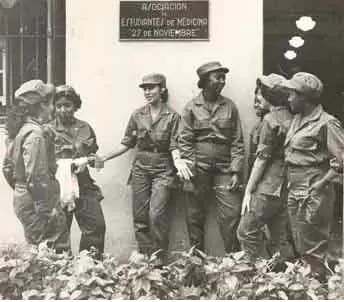
The former diplomat assures that he and most of his contemporaries felt “frustration” upon learning of the Russian decision to withdraw the missiles from Cuba.
“We agreed that Khrushchev should not have given in without getting a little more, especially a real guarantee of non-invasion instead of a promise,” he explains.
In his adolescence when the crisis developed, the historian Jesús Arboleya experienced something similar.
“I participated in organizations to shout ‘Nikita sissy, what is given is not taken away’. I never forget that,” he says.
“All the Cuban revolutionaries we feel very betrayed with the USSRbecause we were ready to fight that battle, even if it was horrible”.
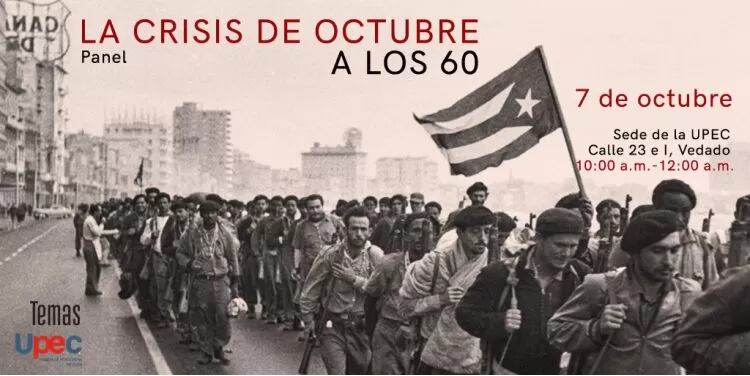
BBC Mundo asks him if, at least, he felt a little relief to see the crisis resolved and with it the possibility that the island would be devastated by a nuclear attack.
“What I experienced was not relief. The memory I have was that they betrayed us and more than ever, at least a good sector of the Cuban revolutionary population, idealized the USSR after the October Crisis”.
Source: Elcomercio
I, Ronald Payne, am a journalist and author who dedicated his life to telling the stories that need to be said. I have over 7 years of experience as a reporter and editor, covering everything from politics to business to crime.

:quality(75)/cloudfront-us-east-1.images.arcpublishing.com/elcomercio/GE4DCMZNGEYC2MRYKQYDAORRHA.jpg)

:quality(75)/cloudfront-us-east-1.images.arcpublishing.com/elcomercio/BRUALTHDH5DODHM37OW4LLXDXY.jpg)

:quality(75)/cloudfront-us-east-1.images.arcpublishing.com/elcomercio/KNQ4BJPCBJDCDNUCHPQVA6V5D4.jpg)
:quality(75)/cloudfront-us-east-1.images.arcpublishing.com/elcomercio/BXSJVBKUMVEHFGNSSRDTASTBGY.jpg)
